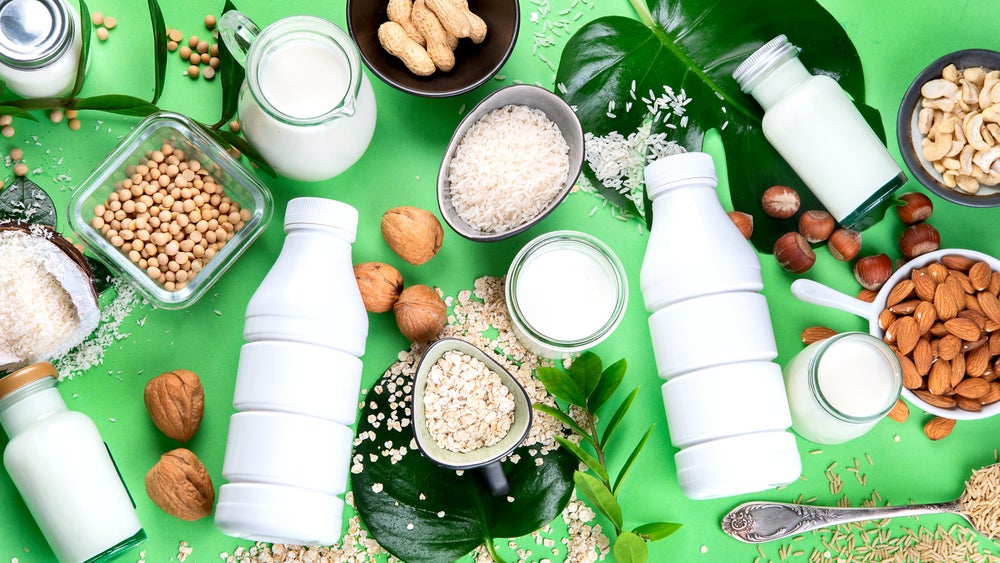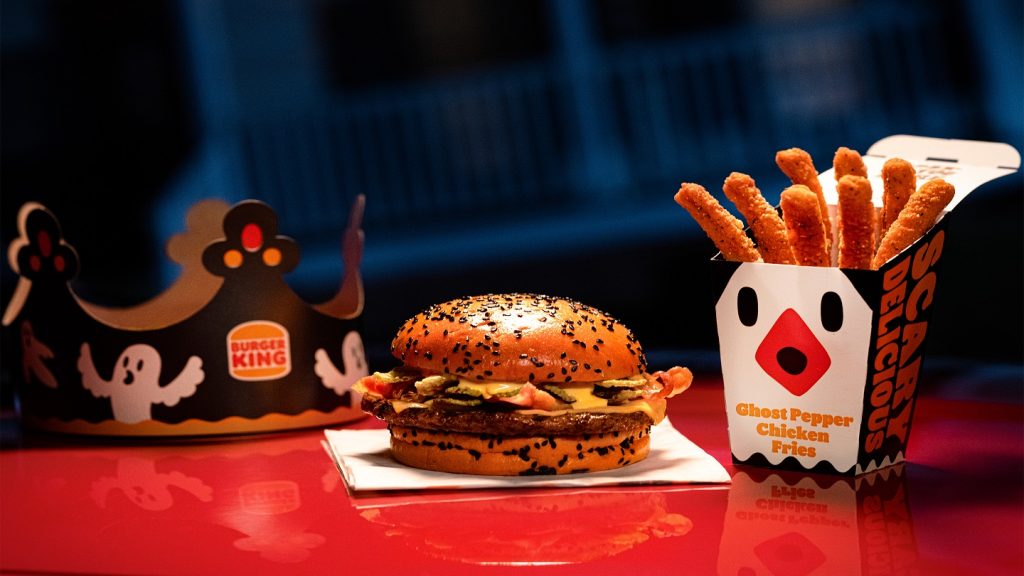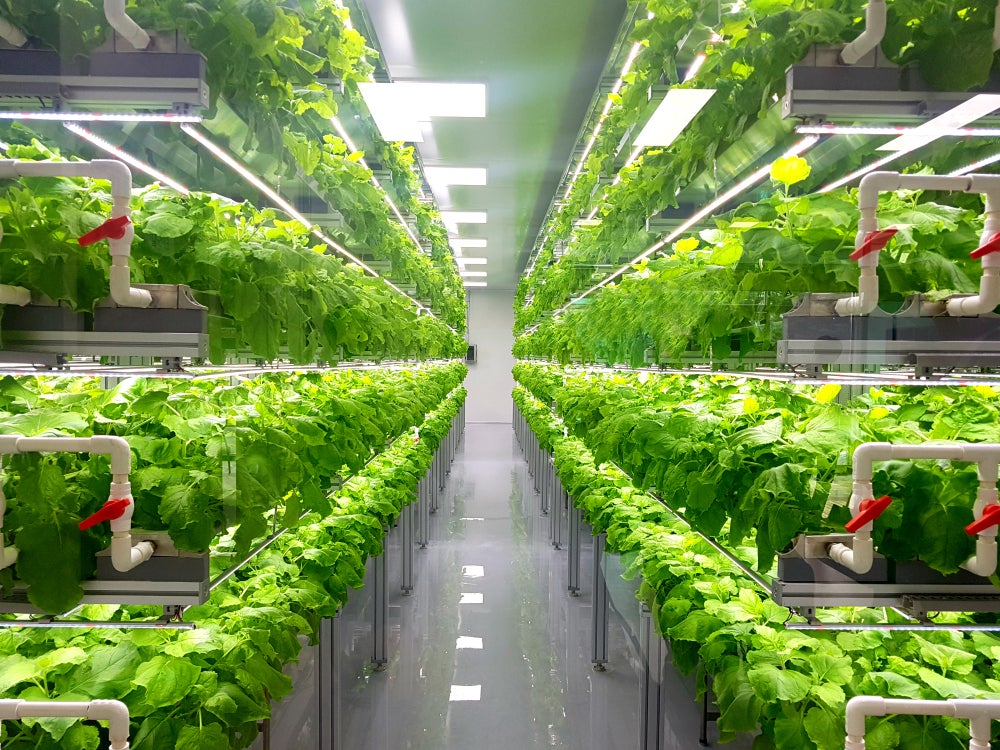NotCo, an alternative protein product company, has announced that it will be suspending production of fresh plant-based milk to focus efforts solely on the shelf-stable market in the US due to fast growth and consumer demands.
NotCo has acknowledged the demand for plant-based milk in all formats, however, the market for long-life goods is growing rapidly and the company feels its position in this segment is strong and profitable for future growth.
As the plant-based milk market continues to grow in the US, consumers are looking for affordable and convenient ways to incorporate these products into their diets. Whilst the appeal for freshness is evident due to multiple factors, including health, consumers are gravitating towards shelf stable goods as they last longer, are more cost-effective and offer greater consumption flexibility. Plant-based milk that is shelf-stable can last up to 18 months longer than fresh plant-based milks, which makes it appealing to consumers looking for reassuring options to purchase with the confidence that they will last and the product will not go to waste.
Convenience is essential
In the US, 30% of consumers deem convenience to be essential when making a purchase, which rises to 43% in consumers aged 65+, indicating that the older generation is more likely to opt for shelf-stable products that can be stocked up in their pantry to consume at their convenience. This presents an opportunity for alternative brands, like NotCo, who can strategically target segments that may not have been drawn to fresh plant-based milk alternatives.
As well as offering consumers the convenience of having products readily available without the concern of food waste, shelf stable milk products can also offer reassurance to consumers in times of supply chain uncertainty. Approximately 1 in 10 (8%) of global consumers aged 16-44 admit to spending more money on their grocery shopping as they are actively buying more, which suggests that the Covid-19-induced ‘stockpiling culture’ is still apparent and consumers are willing to stock up on available items – particularly if they are perceived to offer superior value for money. This behaviour puts fresh categories, including plant-based milk, at a loss as consumers look for products with longer shelf lives that will not perish and waste.
NotCo and the drive towards sustainability
This strategic move from NotCo indicates the drive towards sustainability and the battle to tackle food and drink waste in the US, whether it is through targeting consumers looking for convenient pantry options or those looking to stock up on milk alternatives for accessible consumption.
Some 41% of US consumers agree that sustainable means making consumer products in an environmentally-friendly way, which highlights the demand for brands that are more eco-friendly with production and processing methods, to achieve a more sustainable outcome for consumers in the form of longer-lasting goods. Brands in the shelf-stable market, like NotCo, must ensure that they can continue to meet consumer needs, which are sometimes conflicted in the shelf-stable market. For example, the demand for healthier products is often associated more with fresh produce, due to the chemicals and preservatives used in longer-lasting goods.
Similarly, packaging choice used to preserve shelf lives is often less sustainable than the options for fresh goods, which puts consumers looking for the most eco-friendly option in a conflict of preference. Despite these factors, the shelf-stable segment is promising as the plant-based milk alternative market continues to grow and develop, gaining more traction from US consumers, making it important for accessible and affordable options to be available.















